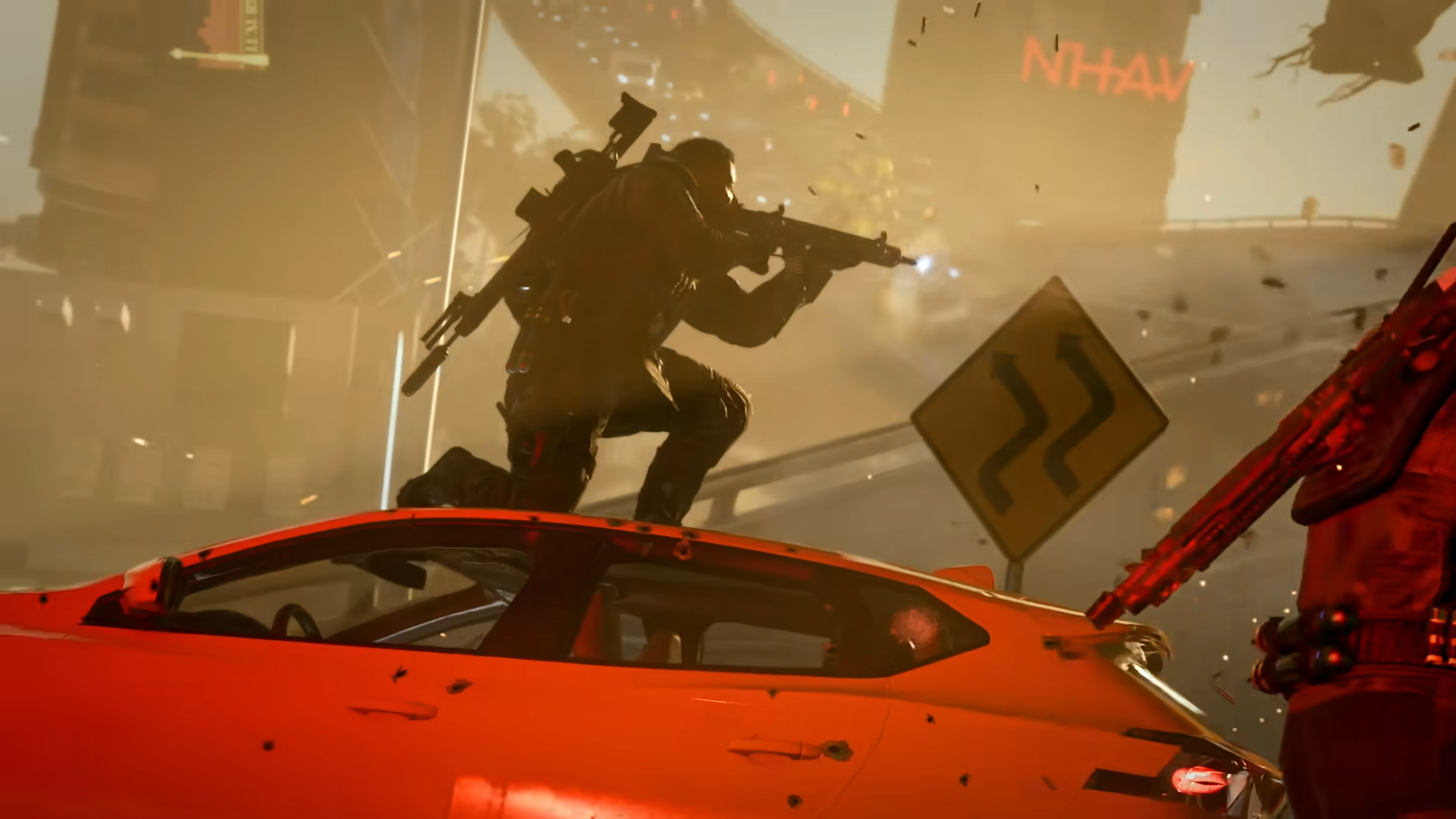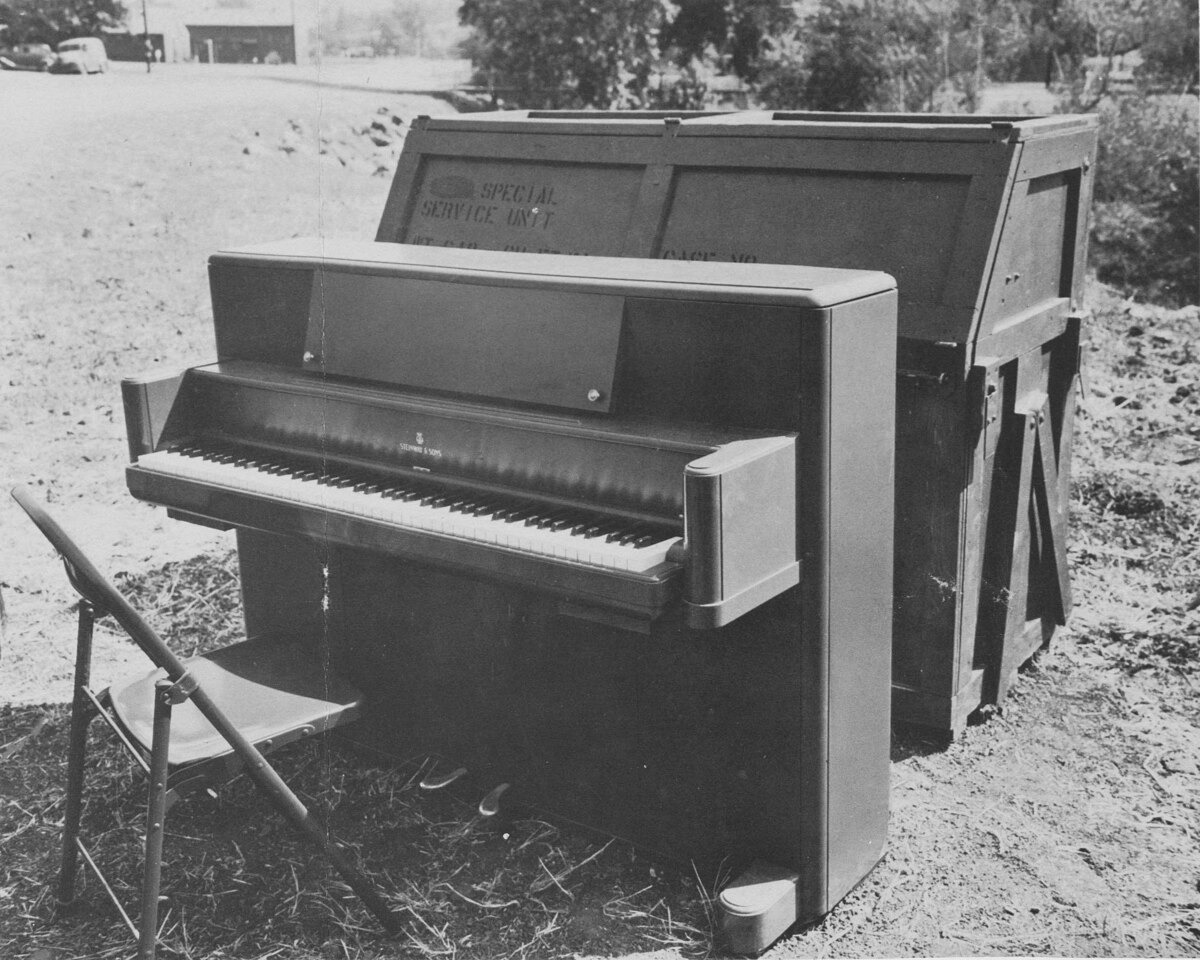As gaming franchises chase cinematic legitimacy, Metallica’s “Master of Puppets” gets the industrial treatment in Call of Duty: Black Ops 7’s polarizing new trailer. The August 19 reveal transforms the 1986 metal masterpiece into glitchy, cybernetic textures that match the game’s 2035 dystopian setting.
This isn’t Metallica themselves reimagining their work—sound design team The Crystal Creative crafted this bespoke arrangement, turning thrash metal’s most recognizable riff into something that sounds like it survived a robot apocalypse. The remix strips away the organic fury that made the original legendary, replacing it with stuttering digital fragments and industrial noise.
Listener reaction hinges on whether one views this as creative evolution or cultural vandalism.
The Numbers Don’t Lie About Fan Reception
YouTube metrics reveal a fanbase sharply divided over the franchise’s musical direction.
Fan response has been brutal. As of the research period, the trailer sits at 110,000 dislikes versus just 30,000 likes—numbers that speak louder than any focus group. Comments sections overflow with nostalgic Battlefield 6 praise and accusations that the franchise has lost it all.
You can practically hear the collective groan from longtime players who remember when Call of Duty soundtracks leaned military and grounded, not cyberpunk rave. This polarization reflects deeper tensions about franchise evolution.
The same fans who embraced “Master of Puppets” when Stranger Things brought it back to mainstream consciousness now balk at hearing it filtered through futuristic production techniques.
The Bigger Picture of Gaming’s Music Strategy
This controversial choice reflects gaming’s broader embrace of nostalgic tracks with modern twists.
Black Ops 7’s soundtrack gambit represents gaming’s current obsession with cultural bridge-building through music. Publishers increasingly license iconic tracks, then transform them completely to serve new narratives.
The strategy targets multiple demographics simultaneously—Gen X metal fans, younger gamers familiar with the song from Netflix, and trailer-music enthusiasts drawn to aggressive sound design. Whether this industrial “Master of Puppets” succeeds depends on your tolerance for hearing childhood anthems rebuilt from scratch.
The remix certainly matches the game’s timeline, but authenticity and innovation rarely coexist peacefully in the comments section.


























